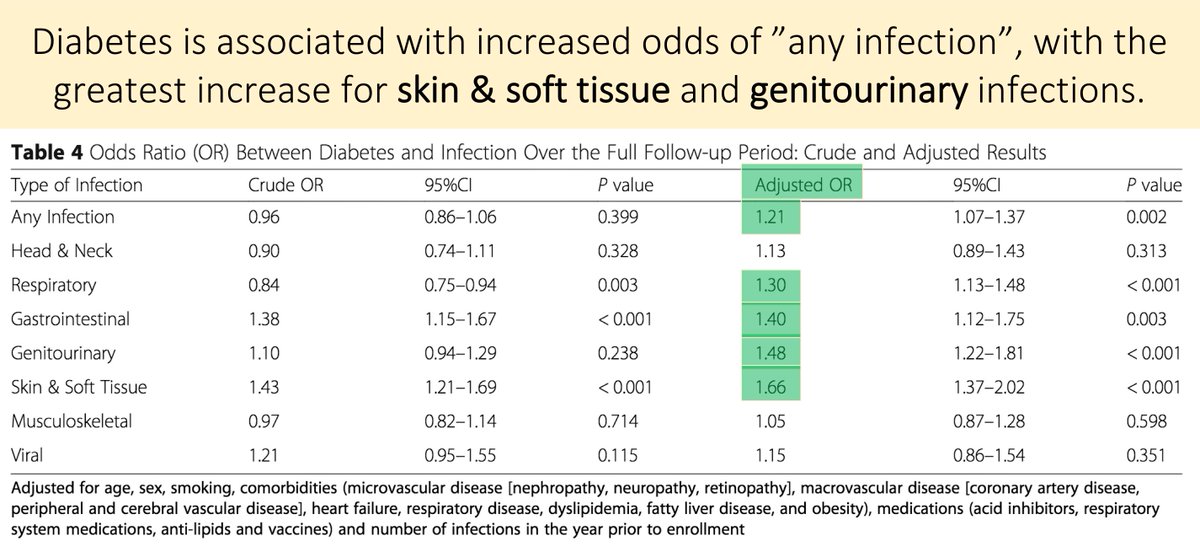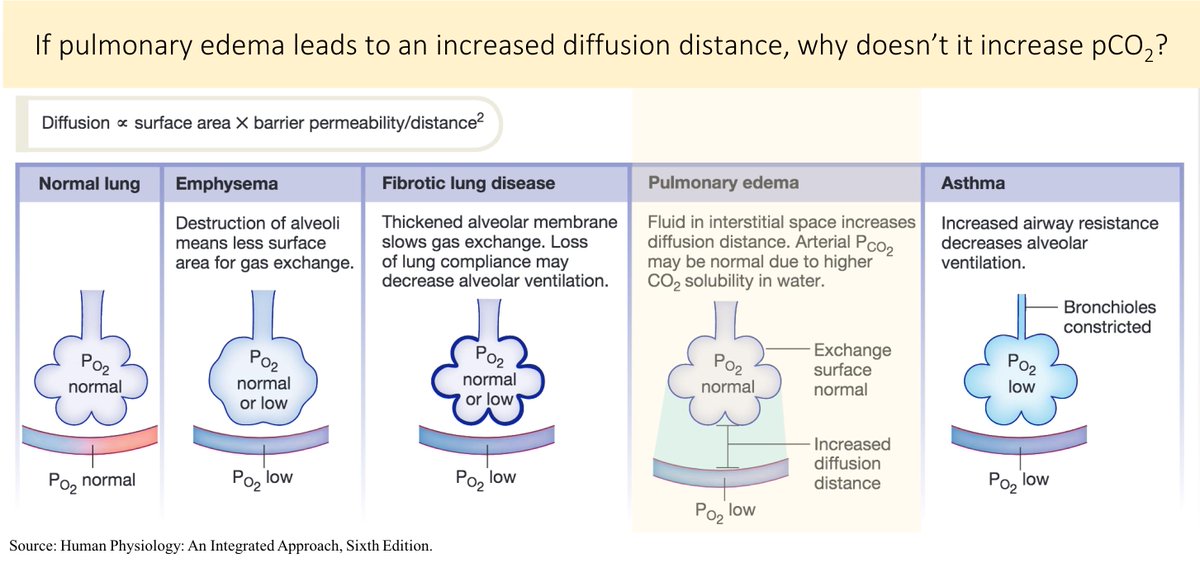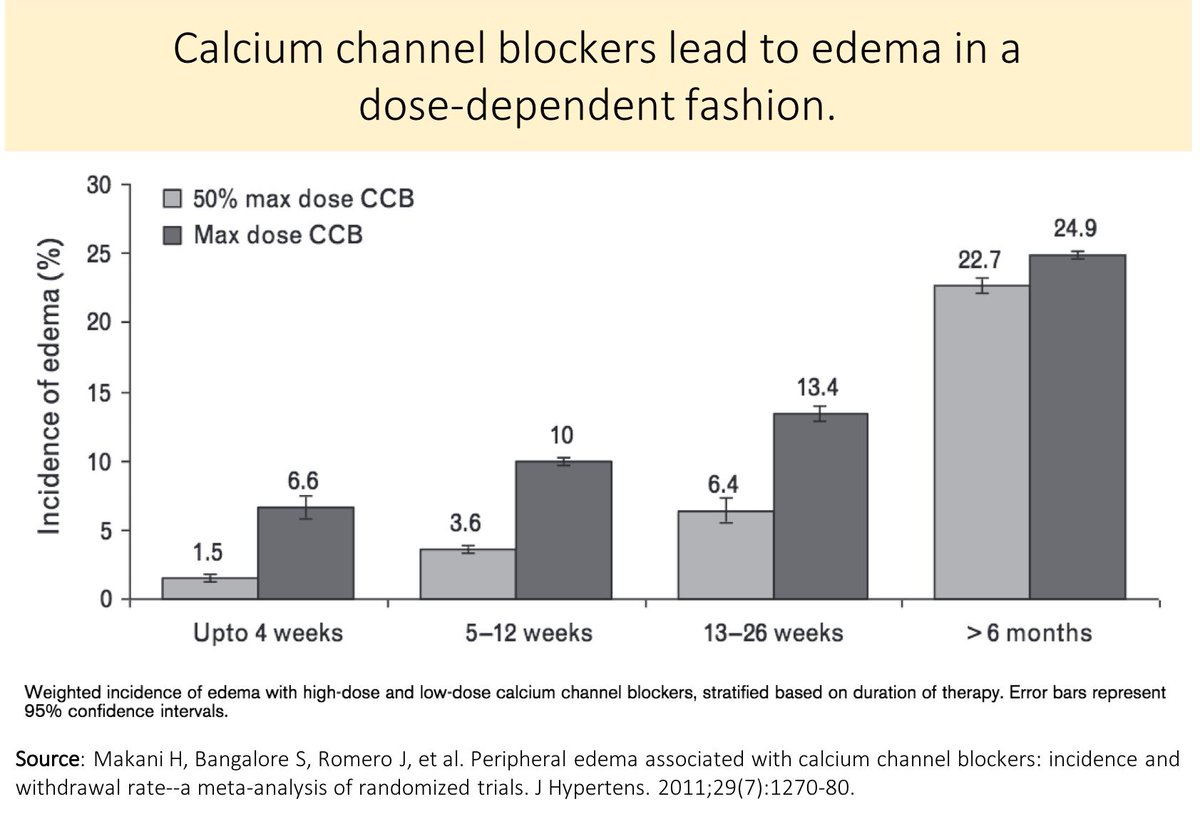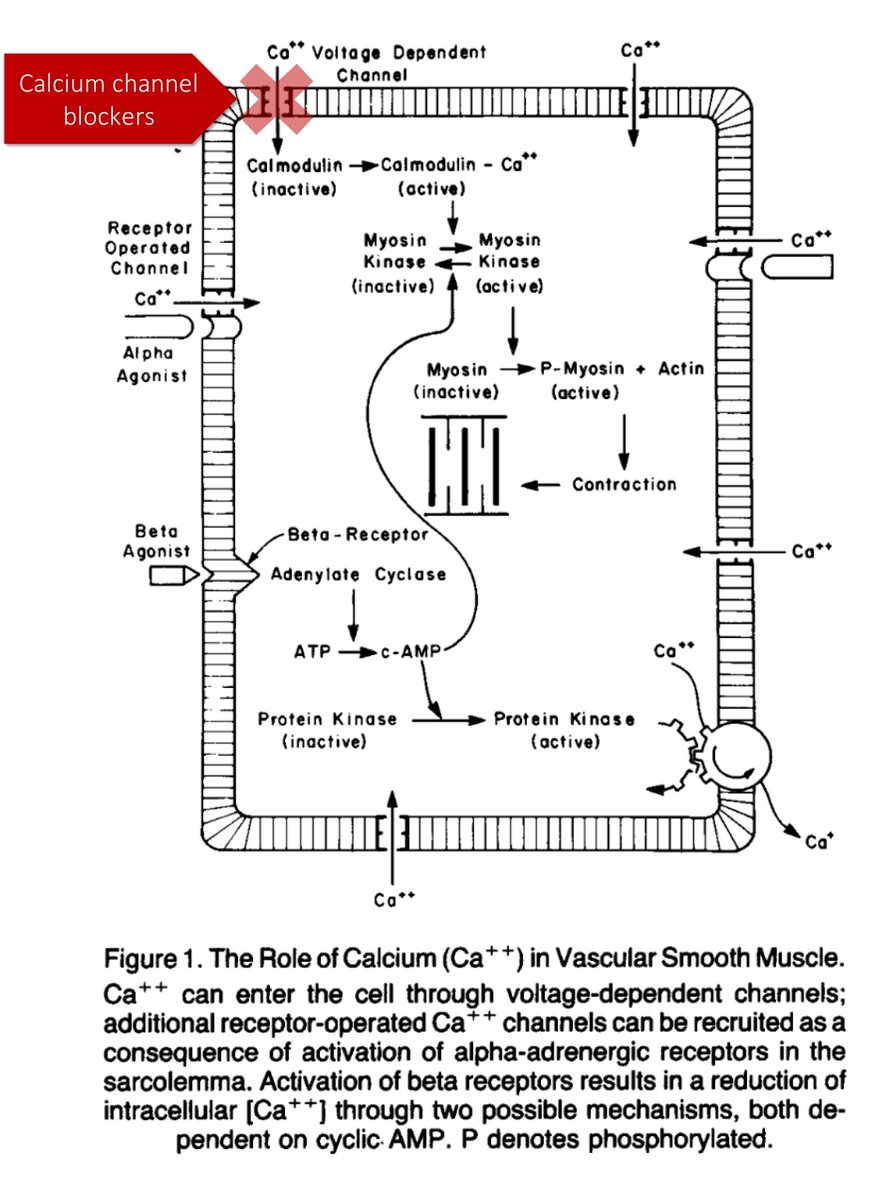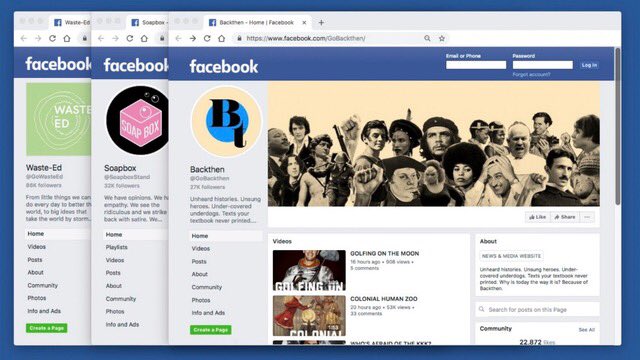First, a question: What is your current understanding of how alcohol causes increased urine output?
In 1932, Margaret Murray administered 300 mL of alcohol or water to two subjects and showed that the alcohol led to more urine output.
This suggested that there is something about alcohol, other than its volume, that causes a diuresis.
ncbi.nlm.nih.gov/pubmed/16994356

In 1963, Kathleen Roberts demonstrated that alcohol produces a water diuresis (i.e., urine with low osmolarity).
Look at the average urine osm (Picture). It plummets from nearly 900 to less than 100 after ingestion of 6-8 oz of 100 proof alcohol!
ncbi.nlm.nih.gov/pubmed/14044808

So, alcohol ingestion leads to a dilute urine. This suggests that it affects antidiuretic hormone (ADH).
But, what exactly does it do?
In one experiment, alcohol was injected into the carotid artery (assumption: this delivers alcohol to the hypothalamus and/or pituitary).
Result: brisk diuresis.
This occurred despite no detectable alcohol in the blood.
ncbi.nlm.nih.gov/pubmed/14894109

Another experiment administered pituitary extract. Doing so blocked alcohol's (whiskey's...) diuretic effect.
This suggested that the mechanism of action was a decrease in the release of ADH, as opposed to a decrease in its effect in the kidney.
ncbi.nlm.nih.gov/pubmed/15436874

Subsequent studies have shown that ADH rapidly decreases after ingestion of alcohol. Then, even before one stops drinking, the ADH rises.
This rebound will come up later.
ncbi.nlm.nih.gov/pubmed/7081477

Most studies support the idea that inhibition of ADH release is the main mechanism of alcohol diuresis.
Knowing this, at least two questions follow:
*has this been used to treat patients?
*are there other ways one might make use of this knowledge?
What do you think?
Based on the above, which of the following conditions could potentially be diagnosed and/or treated with the administration of alcohol?
If alcohol blocks ADH release, SIADH could, in theory, be treated with it.
Amazingly, this has been tried. In 1981, a patient with SIADH secondary to tuberculous meningitis was treated with alcohol!
It worked, albeit transiently.
ncbi.nlm.nih.gov/pubmed/6109876

Ok, so some have tried to use alcohol's diuretic effect. But, what if we want to block the effect of alcohol. Can we?
Which of the following do you think might work (i.e., block alcohol-induced diuresis)?
In one experiment, participants exercised to induce volume depletion. Half were then rehydrated. Finally, they drank 1L of beer.
Result: those who were volume depleted (after exercise) had a blunted alcohol diuresis.
ncbi.nlm.nih.gov/pubmed/20497950

In the same experiment shown in 7 above, participants were also given 200 mEq of dry NaCl on 90 grams of celery, just prior to their whiskey.
Result: those who ate salted celery had a blunted alcohol diuresis
(think... bar pretzels...)
ncbi.nlm.nih.gov/pubmed/15436874

Here's a more complete list of list of things that blunt alcohol's diuretic effect:
1. hypertonic saline (e.g., PMID 14354015)
2. salt ingestion
3. hypovolemia
These things provoke ADH release (1 & 2 via increased serum osm). And, it seems they can overcome alcohol diuresis.
And what about "breaking the seal"? First, there is no seal. Instead, once the water diuresis has begun, it continues until the ADH levels rebound.
The perception of a broken seal may relate to the delay in diuresis.
Recall that the half-life of ADH is 15-20 minutes. So, the time to maximum diuresis should occur at 90-120 minutes, the time required for the metabolism of circulating ADH.
This is supported by some of the experiments (for an example, see the picture in Tweet 3 above).
So, here's how it might play out:
4pm: start drinking
4-5pm: ADH suppression
5-6:30pm: diuresis, apparently unabated; ADH increasing
6:30pm: cessation of diuresis as ADH levels have returned to normal
Before summing up, let's return to the original question.
What is your understanding of how alcohol causes increased urine output?
To summarize:
⭐️alcohol very quickly inhibits ADH release
⭐️this results in a delayed, but brisk, water diuresis
⭐️ADH rebounds, even when alcohol levels remain high
⭐️things that elevated serum Osm and cause volume depletion can block this effect
⭐️there is no seal


